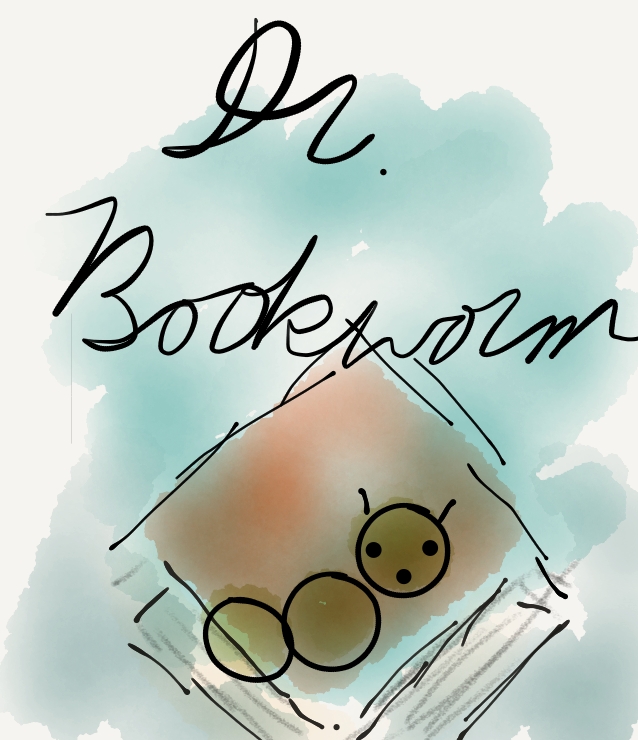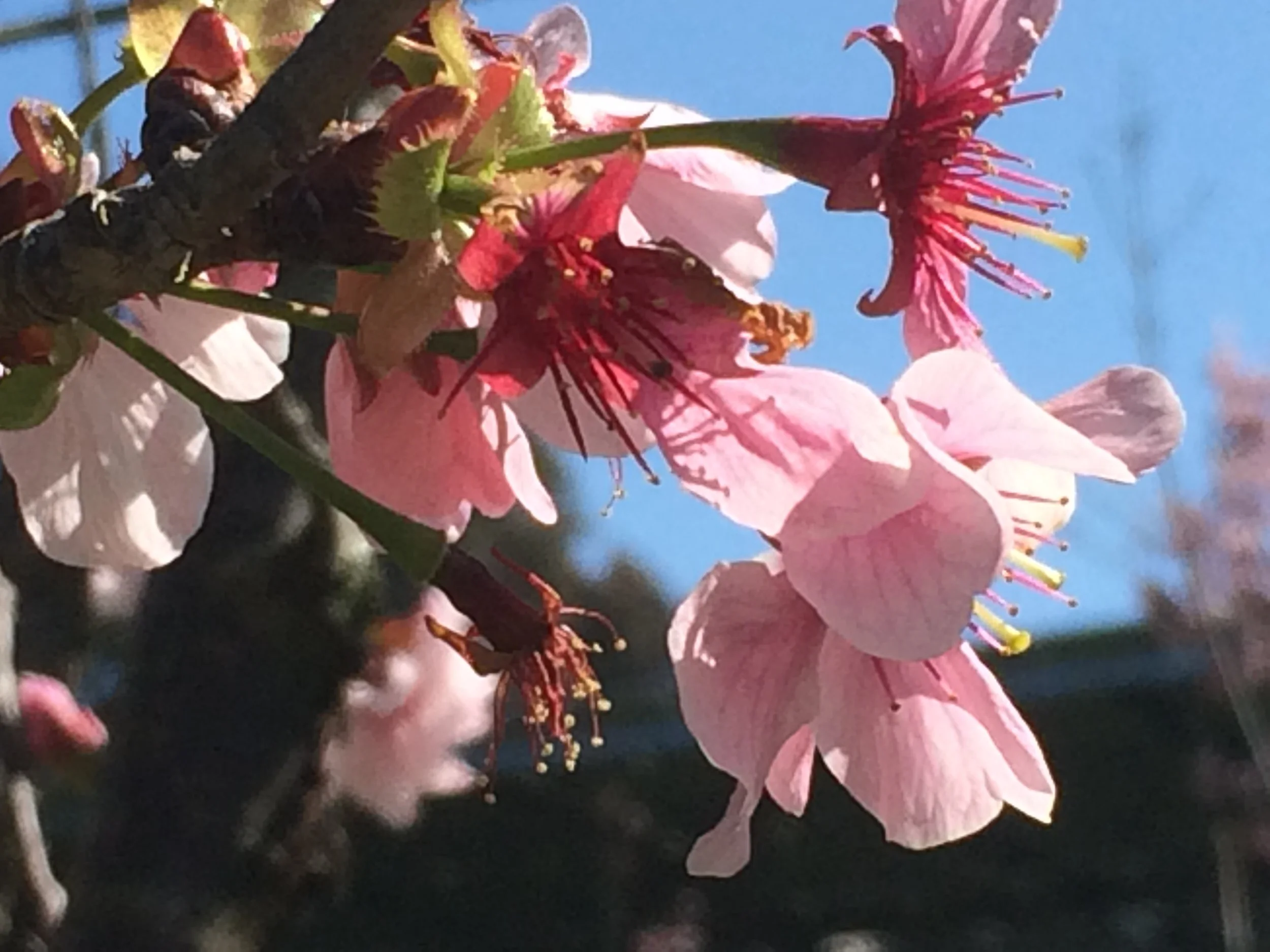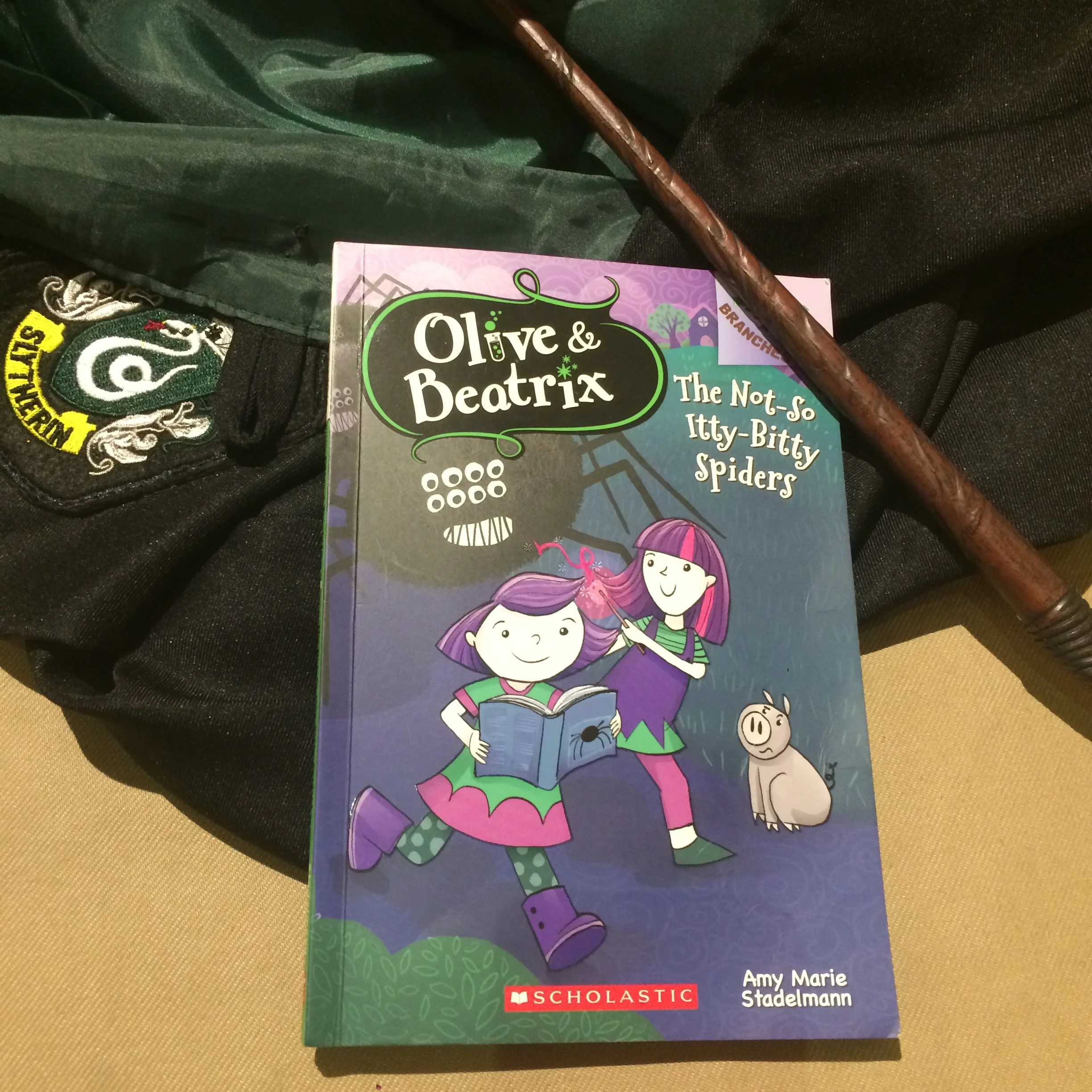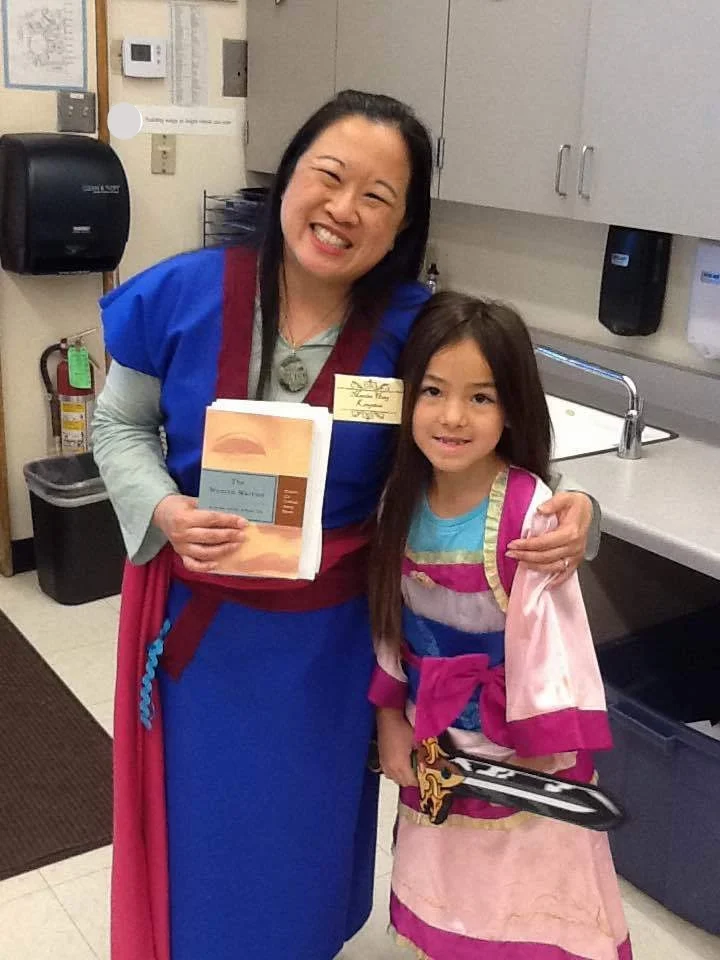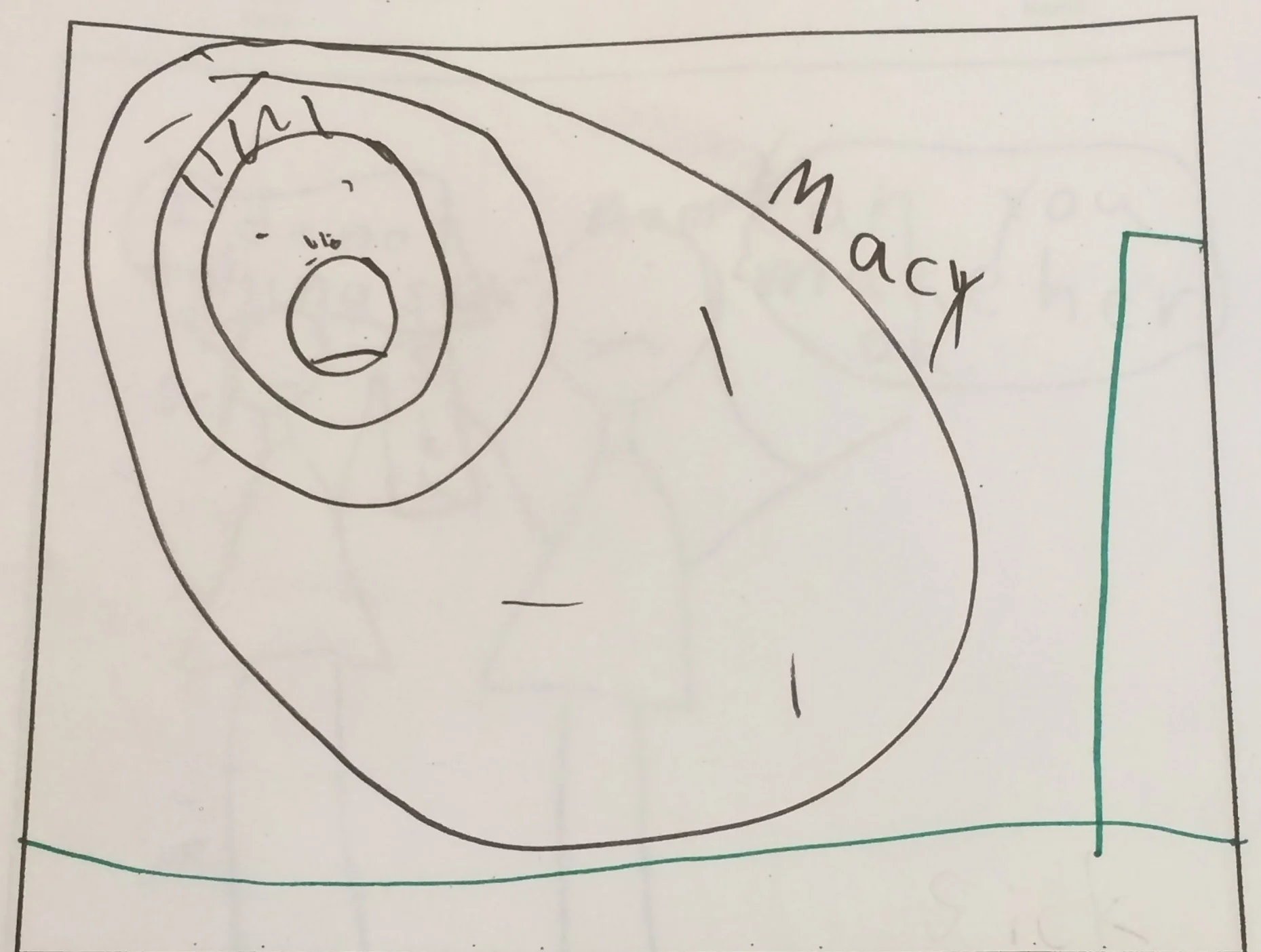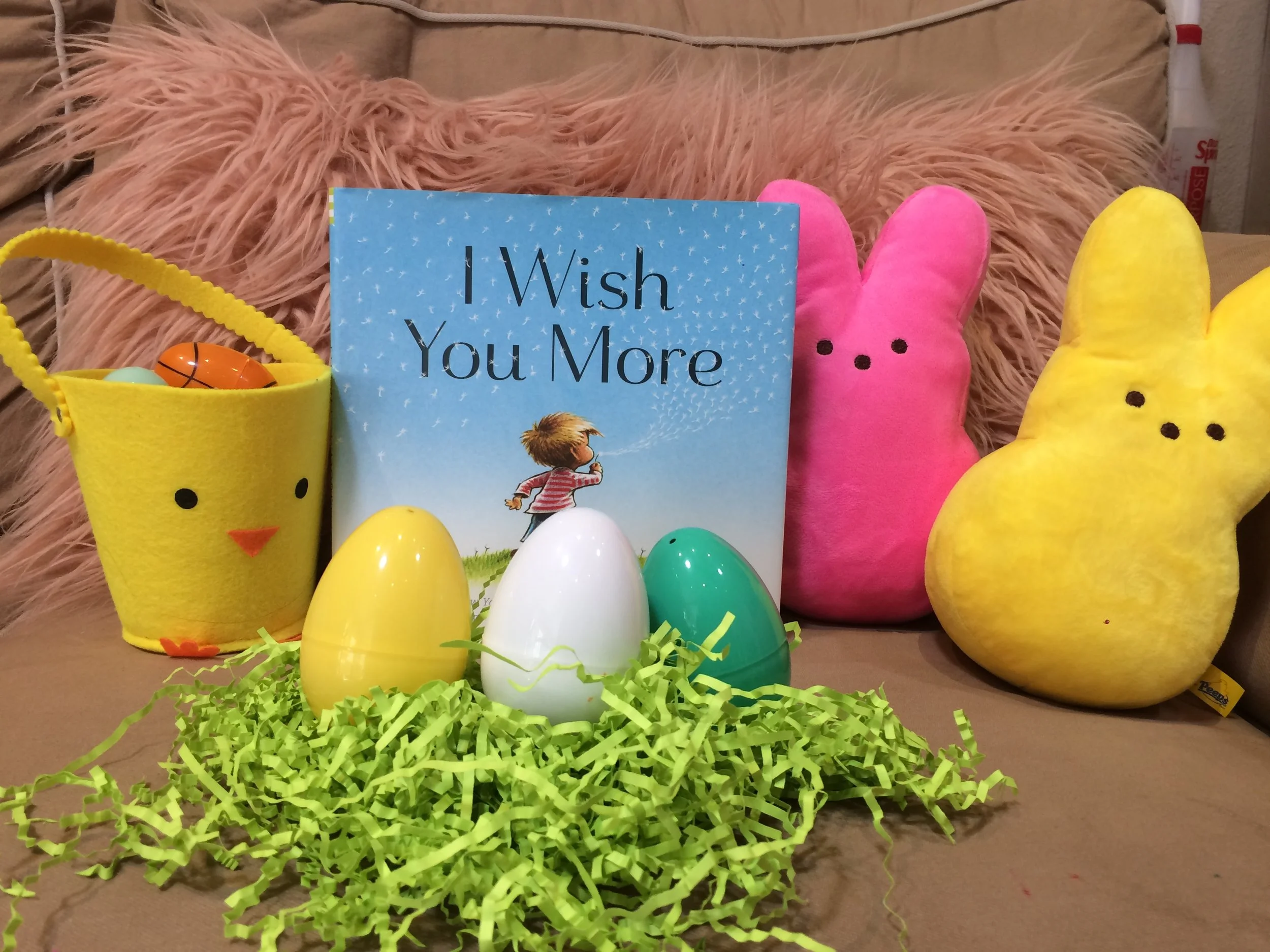Do writers live forever?
Amy Krouse Rosenthal died last week. And two years ago, Paul Kalanithi, a writer and neurosurgeon, passed away in March too. When writers die, do we truly die?
In the news, across the Bookstagram and Kid Lit communities, even NPR last week (with Larry Mantle), everyone is talking about Rosenthal's last love letter to her husband, in which she is searching for her 'replacement' so to speak.
But she wasn't really looking for a replacement, was she? Instead, she was telling her husband and kids just how much she loves them. And more than that, she's absolving them from guilt ahead of time, for if/when he might fall in love again.
I haven't read any of Rosenthal's memoirs but I have read her picture books. You likely have too, or at least have seen them around. Duck! Rabbit! Or Little Pea? Uni the Unicorn? There are too many titles to choose from.
And so I think Rosenthal left behind so much of herself for her family, and for many families to continue to enjoy. She left her words, and in doing so, she left her heart.
So many agents and editors talk about "heart"--about that indescribable something that just makes a story resonate with a reader. And Rosenthal did so on so many levels.
The discussion on NPR was about the gift that Rosenthal left to her family--but there was also talk about what you would do if you were faced with death. Could you tell your partner to move on?
The funny thing is, I could. My husband is wonderful and if I die before him, I have no issue with him finding love again. What I do have trouble imagining is the opposite scenario--I can't imagine looking for love again after him.
Similar in thought, I can't pick up Paul Kalanithi's posthumous memoir, When Breath Becomes Air, without thinking of his wife and young daughter left behind. Perhaps because I connected so much with Kalanithi's duality--his interest in literature and in biology (life!)/medicine--perhaps I have qualms about finishing his book even though I've read through the majority of it. And even though I already know how it ends, I'm still reluctant. It's there in the title and in the synopsis, he's already died. But there's something in the journey--his journey--that touches my heart and makes me wonder at all the lives changed at his early passing. Of course, his family are affected by his death, but I also wonder about the future patients he would have taken care of--how are their outcomes affected by losing a talented neurosurgeon?
My favorite page from his memoir:
Kalanithi's memoir is not only a look into the life of a medical professional, but also a coming-of-age of sorts. A reminder to us all that we can forge on, despite circumstances, despite grief. For wasn't he mourning his own life as he was writing this tome?
So, do writers live forever? Yes, in a way. Kalanithi's message has been read by countless people, including many doctors. I think a reminder of our humanity is always in order as a physician, especially in the years of training, where many of our waking (and half-asleep) hours are spent at the hospital taking care of very sick people. I remember getting bogged down by numbers at times. It's nice to remember that these numbers are actual people.
And Amy Krouse Rosenthal, if she hasn't already reached into your hearts or funny bones with her charming picture books, she may have a lesson or two for readers in her memoirs. I discovered that in 2008 she made a video about the seventeen things she made (including a peanut butter and jelly sandwich) and invited people to meet her to make an eighteenth thing. So, in honor of Amy Krouse Rosenthal, I invite you to go out and create something beautiful--a poem, a drawing, a PBJ, or a new smile on someone else's face.
